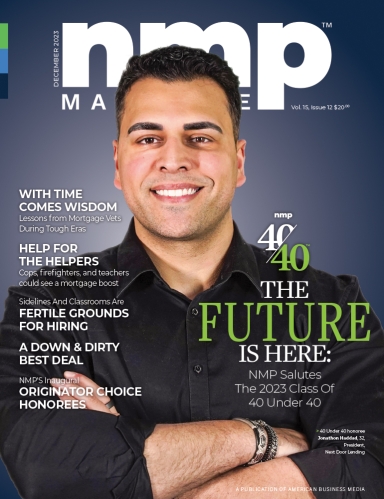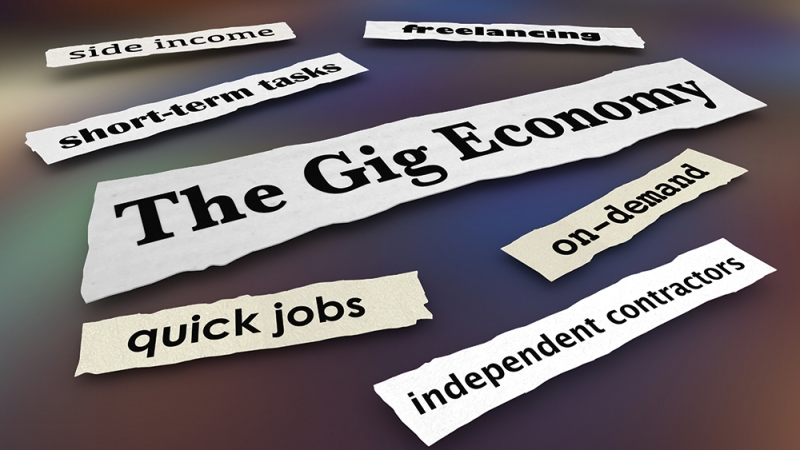In the mortgage industry, it’s a given that you will encounter and have to interact with all different kinds of people and personalities. It’s also highly likely that you will eventually be in a situation where you have to work with individuals in the mortgage industry who have difficult personalities.
People with challenging personalities can be disruptive to your productivity as well as the overall harmony of your business, but it often can be unavoidable to have to work with these folks for the ultimate good of your company. So, what do you do when you have to deal with difficult personalities in a professional setting?
Maintaining Professionalism
This may seem like common sense, but regardless of the difficult personality you are dealing with, maintaining professionalism should be your main focus. It can be very easy to react negatively or let your emotions get the best of you when you find yourself triggered by another person’s bad behavior. So, even from the get-go, here are some ways to make your interaction as painless as possible so you can keep the focus on the business at hand.












